Description
Efnisyfirlit
- Cover Page
- Title
- Copyright
- Brief Contents
- Detailed Contents
- Preface
- Acknowledgments
- Chapter 1: Introduction to the Curriculum Ideologies
- Your Beliefs About Curriculum
- The Curriculum Ideologies
- The Scholar Academic Ideology
- The Social Efficiency Ideology
- The Learner Centered Ideology
- The Social Reconstruction Ideology
- Historical Perspective on the Ideologies
- Curriculum Workers
- The Nature of the Curriculum Ideologies
- Chapter 2: Scholar Academic Ideology
- Scholar Academic Curricula
- UICSM and SMSG School Mathematics
- Man: A Course of Study
- Curriculum and the Disciplines
- Initiation Into the Disciplines
- Grounding Curriculum in a Discipline
- Drawing Upon the Discipline’s Knowledge
- Priorities
- Disciplines, Intellect, Knowledge: An Assumed Equivalence
- Education as an Extension of Disciplines, Intellect, Knowledge
- Disciplines, Intellect, Knowledge: Global Considerations
- Disciplines, Intellect, Knowledge: Local Considerations
- The Academic Disciplines
- The Discipline as a Community
- The Discipline as a Hierarchical Community
- The Learning ↔ Teaching Dynamic of the Discipline
- The Educative Process Within the Academic Community
- Curriculum Issues
- Classification and Selection of Disciplines
- Curriculum as a Reflection of the Discipline
- Curriculum Improvement
- Historical Context
- Aims
- Knowledge
- The Nature of Knowledge
- The Form of Knowledge
- The Origin of Curriculum Knowledge
- Knowledge and Objective Reality
- The Child
- The Child as Mind
- The Child as Memory and Reason
- The Incomplete Child
- Learning
- The Learning ↔ Teaching Dynamic
- Direction Within the Learning ↔ Teaching Dynamic
- Transmitting and Receiving Agents of the Learning ↔ Teaching Dynamic
- Learning Theory as Reflection of the Discipline
- Lack of Concern With Formal Learning Theory
- Many Theories of Learning
- Learning to Parallel Inquiry
- Readiness
- Teaching
- Teachers as Members of a Discipline
- Teachers as Transmitters, Mediators, or Translators
- Teaching Methods
- Evaluation
- Student Evaluation
- Curriculum Evaluation
- Concluding Perspective
- Chapter 3: Social Efficiency Ideology
- A Scientific Technique of Curriculum Making
- Programmed Curriculum and the Behavioral Engineer
- Programmed Curriculum
- Behavioral Engineering
- The Analogy
- Objectives and Standards
- Education
- Scientific Instrumentalism
- Social Orientation
- Society
- People in Society
- Educating People to Live in Society
- Education for a Better Society
- Objectives
- The Form of Objectives
- Gathering Terminal Objectives
- Acquiring Progressive Objectives
- Atomism
- Objective Reality
- Causality
- Ends, Means, and Instrumental Values
- Historical Context
- Social Reform
- Utilitarian Education
- Behavioral Psychology
- Scientific Methodology
- A Century of Forgetting
- Accountability Movement: From Educational to Administrative and Political Initiatives
- Aims
- Knowledge
- The Nature of Knowledge
- Knowledge and Objective Reality
- Learning
- A Behavioral Viewpoint
- Assumptions About Learning
- Readiness
- The Child
- Lack of Concern
- The Child as a Worker
- Individualized Programmed Instruction
- Teaching
- Role of the Teacher
- Consequences
- Evaluation
- Reasons for Evaluation
- The Nature of Evaluation
- Objectivity and Atomization
- Appropriateness of Evaluation
- Concluding Perspective
- Chapter 4: Learner Centered Ideology
- Ideal Schools
- Ideal Schools for All Learners
- A Learner Centered Curriculum
- The Ideal School
- The Learner-Centered School
- The Activity School
- The Organic School
- The Integrated School
- Learners
- The Learner as Central Focus
- The Nature of the Learner
- The Growing Individual
- The Learner in the Present Tense
- Learning
- Developmental Viewpoint
- Learning Theory
- Learning Leads to Knowledge
- Teaching and Learning in Instructional Environments
- The Person in an Environment
- The Learning Environment
- Structure of the Learning Environment
- Teaching
- Freedom, Individualism, and Shared Responsibility
- The Curriculum: Unit of Work Versus School Subject
- Scope
- Sequence
- Flexibility
- Concern for the Whole Person
- Movement From the Concrete to the Abstract
- Responsibility
- Historical Context
- Aims
- The Child
- The Child as an Integrated Person
- The Child as a Meaning-Making Organism
- The Child’s Subjective Being
- Learning
- Learning as Natural
- The Mechanics of Learning
- Stages of Learning
- Teaching
- The Teacher as Diagnostician
- The Teacher as Provider of the Environment for Learning
- The Teacher as Facilitator of Learning
- Characteristics of the Teacher
- Knowledge
- Personal Meaning and Knowledge Construction
- Knowledge and Experience
- Knowledge as a Derivative Concept
- Knowledge and Reality
- Evaluation
- Assessment for Growth
- Standardized Objective Testing
- Grading
- Student Evaluation
- Curriculum Evaluation
- Concluding Perspective
- Chapter 5: Social Reconstruction Ideology
- Highlander
- Sixth-Grade Social Reconstruction Mathematics
- Projects
- Instructional Procedures
- Start Where Students Are
- Personal Experience
- Intense Discussion
- Follow-Up
- Vision and Social Action
- Academics
- Society and Reconstruction
- Social Perspective
- Deep Social Structures
- The Individual in Society
- Society, Change, and Crisis
- Reconstruction and Vision
- Social Dynamics
- Reconstruction Through Education
- The School as the Institution of Change
- Education as a Social Process
- Educational Methods: Group Discussion and Experience
- Education and Language
- Education and Social Change
- Civic Responsibility
- Education and Politics
- Education and Socialization
- Historical Context
- Aims
- The Child
- Children as Social Agents
- Children as Meaning Makers
- Children in Society
- Learning
- Meaning Making
- Meaning Structure
- The Nature of Learning
- Teaching
- The Discussion Method
- The Experience Method
- The Teacher as Colleague
- Characteristics of Teaching
- Characteristics of Teachers
- Knowledge
- The Social Construction of Knowledge
- Knowledge and Value
- Knowledge and Reality
- The Creation of Knowledge
- Characteristics of Knowledge
- Evaluation
- Student and Curriculum Evaluation
- Perspective on Increased Student Testing
- Concluding Perspective
- Chapter 6: A Comparative Overview of the Curriculum Ideologies
- Comparative Summary
- Aims Play
- Aims Comparison
- Knowledge Play
- Knowledge Comparison
- Learning Play
- Learning Comparison
- The Child Play
- The Child Comparison
- Teaching Play
- Teaching Comparison
- Evaluation Play
- Evaluation Comparison
- Other Parameters
- Freedom
- Time
- Social Improvement
- Multicultural Education
- Teacher Education
- Concluding Perspective
- Chapter 7: Individual Perspectives on the Curriculum Ideologies
- Curriculum Life Histories
- Can People Believe in More Than One Ideology?
- More Than One Ideology
- Posture Toward Different Ideologies
- Why Do Educators Change Ideologies?
- Concluding Perspective
- Appendix: Curriculum Ideologies Inventory
- References
- Index
- About the Author

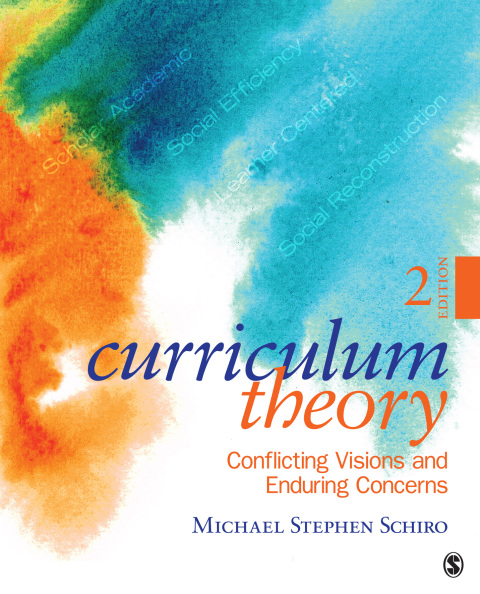

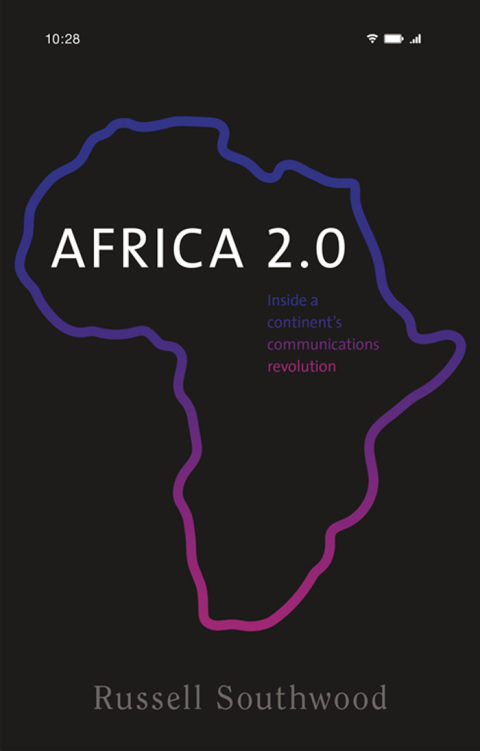
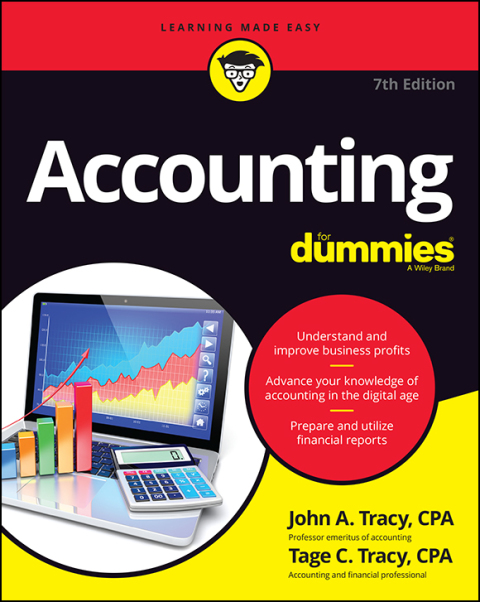
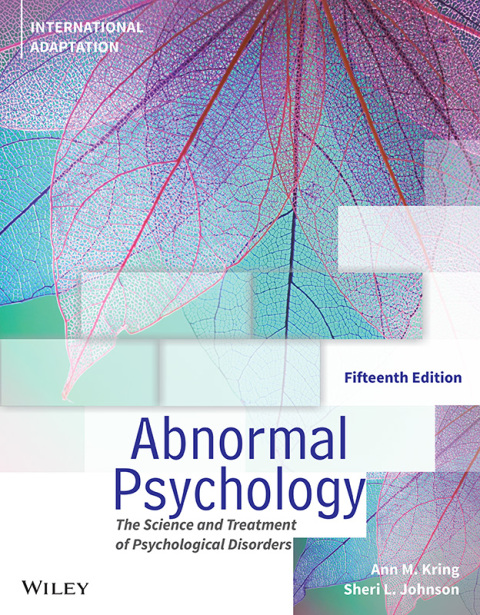
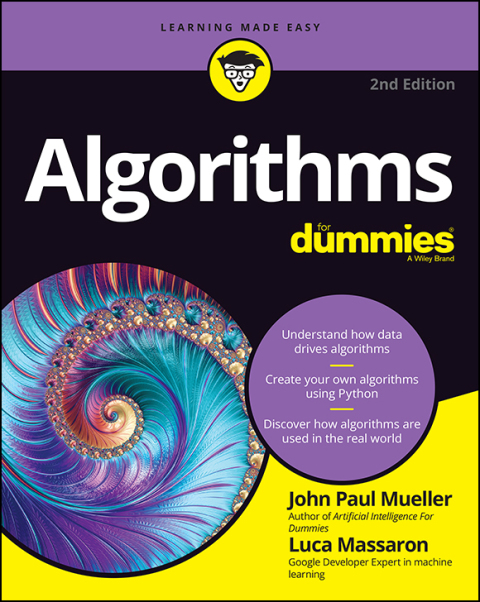
Reviews
There are no reviews yet.